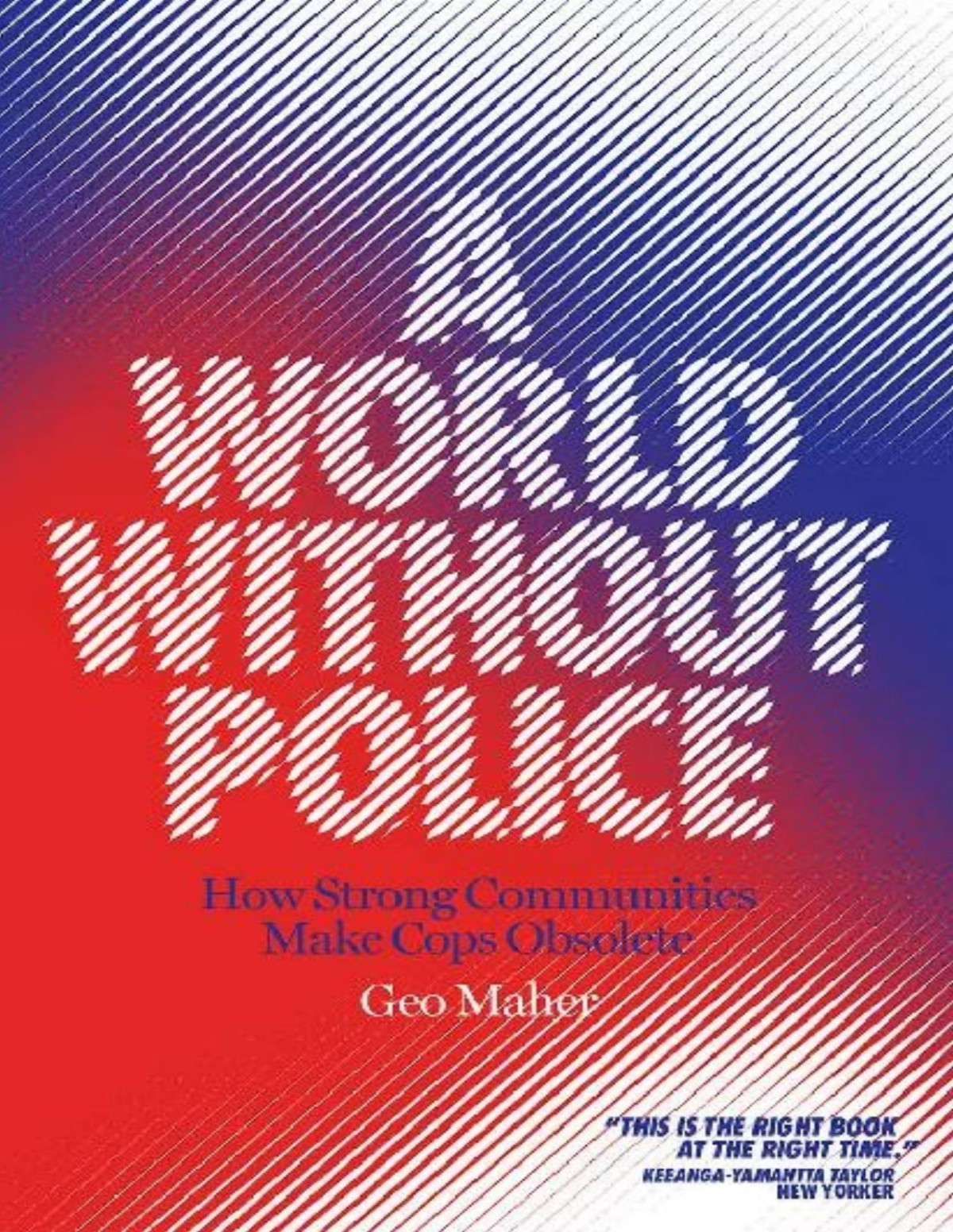Product desciption
A World Without Police Geo Maher by Geo Maher B098L5RYVF instant download after payment.
It was 9:53 p.m. on May 28, 2020, and Minneapolis’s Third Police Precinct was
surrounded. Hundreds of protesters, furious at the police killing of George Floyd
three days earlier, had established a siege, flanking the building from the front,
before then encircling it from the back as well. The panic on the police channels
was palpable: “Our front door’s fully breached … They’re coming in, they’re
coming in the back … We need to move, we need to move!” Minutes later,
police would abandon the precinct entirely, lobbing stun grenades and firing
rubber bullets indiscriminately into the crowd before ramming a police SUV
through the rear gate. Nine more vehicles followed amid a phalanx of officers on
foot, fleeing under a hail of rocks and bottles punctuated by the occasional soft
whoosh of roman candles. The precinct was soon fully ablaze.
To burn a building or a car is, like the riot itself, a form of communication.
Too often, however, the enemy is out of reach, and so fires are lit for attention,
to grab the headlines, or quite simply because nothing else has worked—a
desperate bid to puncture the barrier between those who are and are not heard,
those who matter and those who don’t. Many buildings would burn that night
and in the days that followed, but the Third Precinct was something different.
Protesters had taken an enemy outpost, the direct object of their fury, and they
had destroyed it. To burn down a police station was one thing; to do so together,
as an act of collective mourning and celebration, was another thing entirely, and
it was glorious indeed. So direct was the correspondence between the violence
inflicted on George Floyd and the retaliation by protesters that, at the time, some
54 percent of Americans felt their actions were justified.


